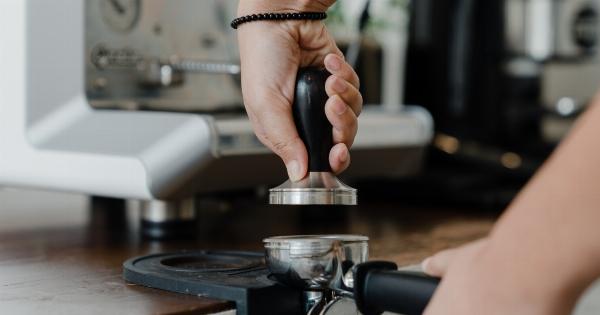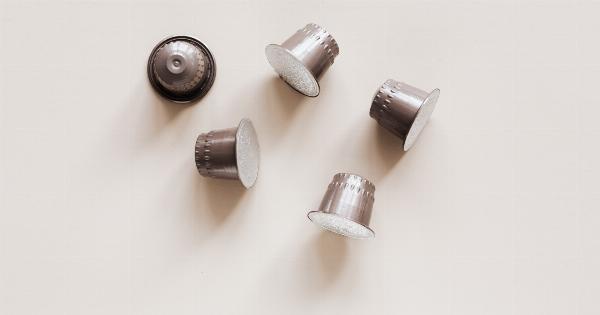Caffeine is a stimulating compound found in various beverages and foods consumed globally. It is known for its ability to improve cognitive performance, energy levels, and mood, among other benefits.
However, like any other chemical compound, caffeine can be dangerous if consumed in excess, leading to adverse effects on the body. This article aims to explore the recommended daily caffeine intake and the potential consequences of exceeding that limit.
What is Caffeine?
Caffeine is an alkaloid found in various nuts, leaves, and seeds, constituting the primary component of coffee and tea. It is a central nervous system stimulant that influences the body’s metabolism, energy levels, and mood.
Once ingested, caffeine is absorbed by the small intestine into the bloodstream and dispersed throughout the body.
Caffeine Metabolism
The liver is responsible for metabolizing caffeine through two primary pathways, the first of which is the CYP1A2 enzyme system. The CYP1A2 pathway is responsible for approximately 95% of caffeine metabolism.
The remaining caffeine is eliminated through the CYP2E1 pathway.
How Much Caffeine Should You Consume?
The recommended daily caffeine intake varies depending on age, sex, pregnancy status, and other factors. In general, healthy adults should limit caffeine intake to 400 milligrams (mg) per day, equivalent to about four cups of brewed coffee.
Pregnant women should consume no more than 200 mg of caffeine per day to avoid adverse developmental effects on the fetus.
Caffeine Measurement
It is difficult to determine the amount of caffeine in various beverages and foods, as the concentration varies. However, by using standardized measurements, the following is an estimation of caffeine concentration in various drinks:.
- One cup (8 ounces) of brewed coffee – 95 mg of caffeine
- One cup (8 ounces) of tea – 47 mg of caffeine
- One serving (12 ounces) of soda – 35 mg of caffeine
- One serving (1.5 ounces) of dark chocolate – 10 mg of caffeine
The Effects of Excessive Caffeine Intake
While caffeine provides numerous benefits, exceeding the recommended daily intake can lead to adverse effects.
The severity of symptoms is dependent on individual tolerance levels, but the following are generally associated with consuming too much caffeine:.
- Insomnia
- Jitteriness
- Headaches
- Increased heart rate
- High blood pressure
- Anxiety
- Irritability
- Digestive issues
- Dehydration
Caffeine and Sleep
Caffeine can negatively affect sleep, particularly if consumed in the afternoon or evening. Caffeine reduces the length of slow-wave sleep and rapid eye movement (REM) sleep, leading to increased sleep latency and decreased quality of sleep.
To avoid sleep disturbances, individuals should limit caffeine intake in the afternoon and evening.
Caffeine and Chronic Health Conditions
Exceeding the recommended daily caffeine intake has been linked to various chronic health conditions, including high blood pressure, cardiovascular disease, and osteoporosis.
However, the evidence is conflicting, and more studies are necessary to confirm the relationship between caffeine intake and chronic health conditions fully.
Conclusion
Caffeine is a potent stimulant that provides numerous benefits when consumed in moderation. The daily recommended caffeine intake is 400 milligrams per day for healthy adults, and 200 milligrams daily for pregnant women.
Exceeding this recommended intake can lead to adverse symptoms, including insomnia, headaches, and digestive issues. In addition, excessive caffeine intake may contribute to chronic health conditions such as high blood pressure and osteoporosis.
Therefore, it is essential to moderate caffeine intake and monitor individual tolerance levels to avoid adverse effects on health.































